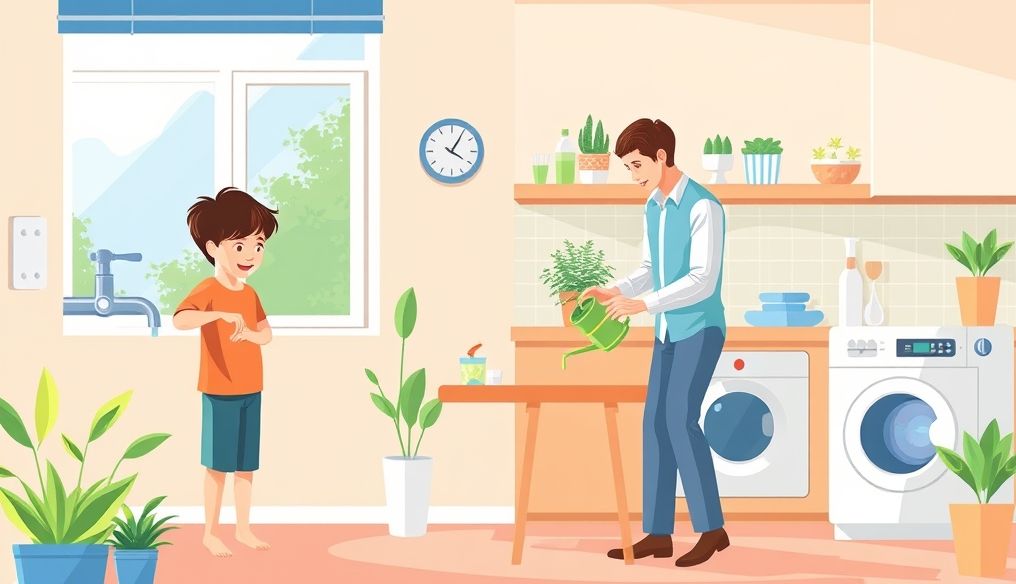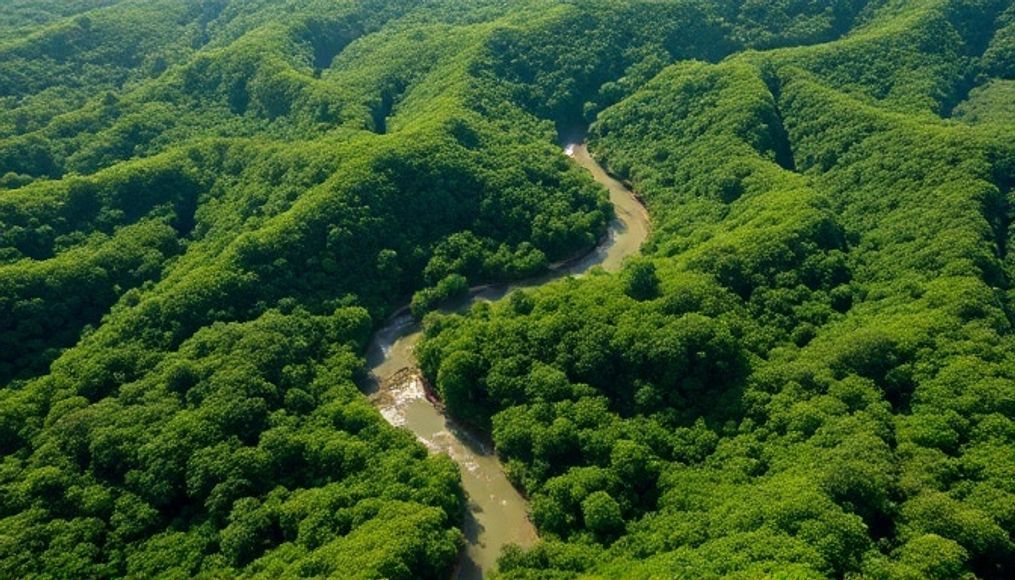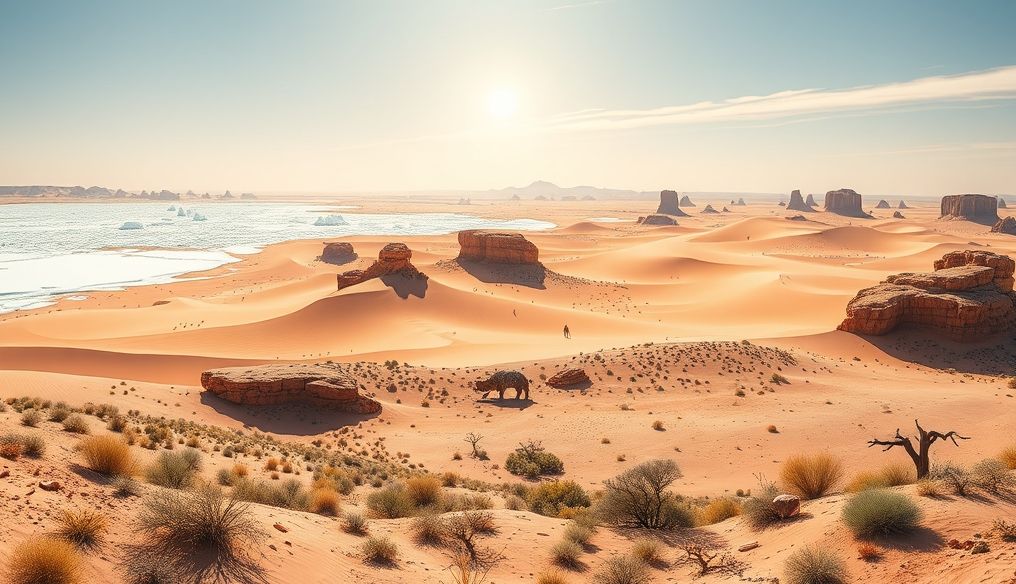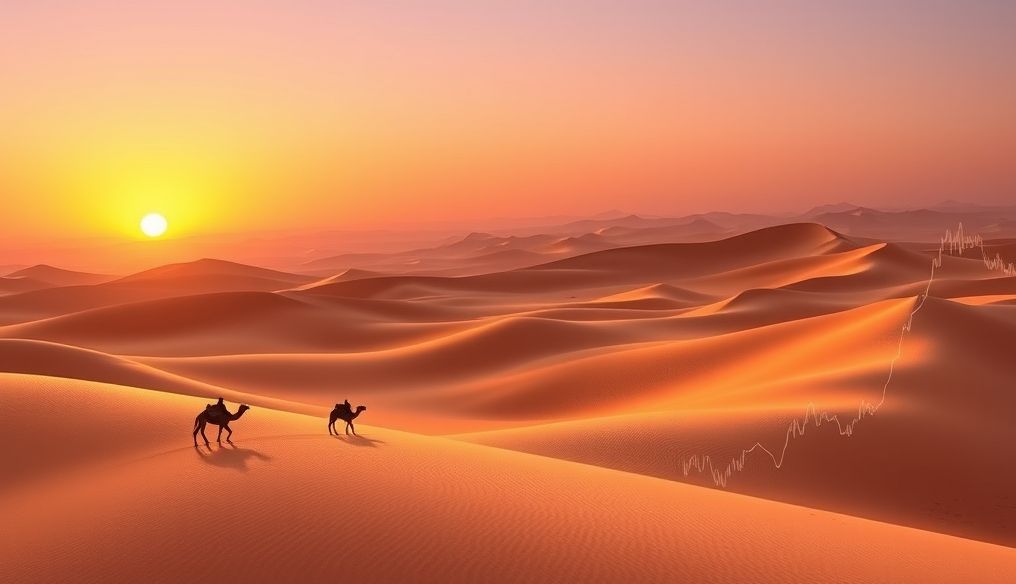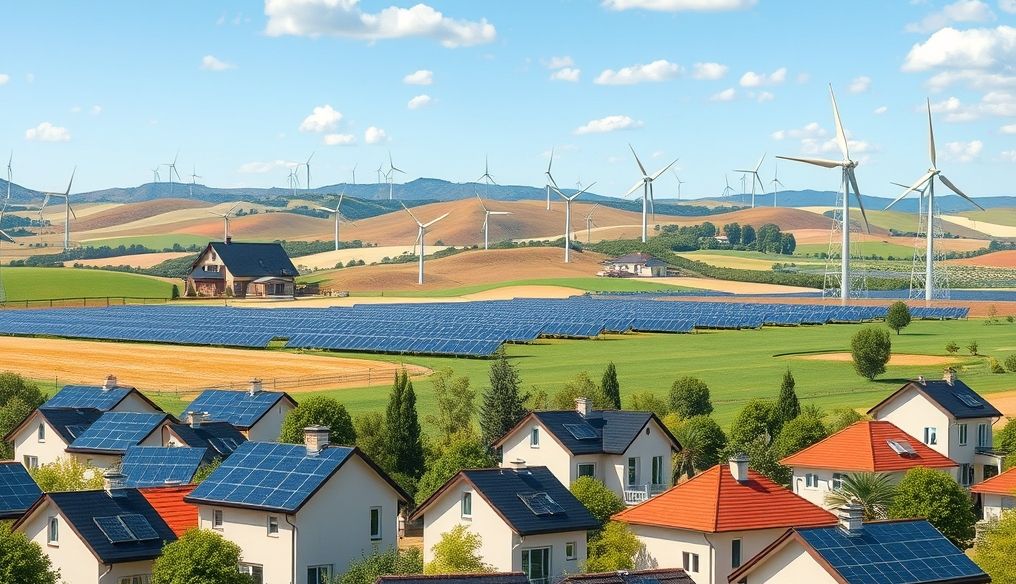The Importance of Water Conservation: Why Should We Care?
Water is a precious and vital resource, yet many of us waste it without realizing it. Water conservation is not just an environmentally friendly act; it's an economic and social necessity. With a growing population and changing climate, preserving water is more important than ever.
- Importance of Water for Health: Water is essential for vital bodily functions, and water scarcity can lead to serious health problems.
- Importance of Water for the Environment: Water supports diverse ecosystems, and conserving it protects biodiversity.
- Importance of Water for the Economy: Water is essential for agriculture and industry, and its scarcity can negatively impact economic growth.
1. In the Kitchen: Tips for Reducing Water Waste
The kitchen is one of the main places where water is consumed in the home. Here are some tips to reduce waste:
- Fix Leaks: Make sure to repair any leaks in faucets or pipes immediately. Even small leaks can waste large amounts of water over the year.
- Use the Dishwasher Efficiently: Wait until the dishwasher is full before running it. Use water-saving settings if available.
- Wash Vegetables and Fruits in a Bowl: Instead of washing vegetables and fruits under an open tap, fill a bowl with water and wash them in it.
- Reuse Cooking Water: After boiling vegetables or eggs, you can use the water to water plants.
2. In the Bathroom: Water-Saving Habits
The bathroom is another place that consumes a lot of water. Here are some ways to reduce consumption:
- Reduce Shower Time: Try to reduce your shower time by a few minutes. Even small changes can make a big difference.
- Use a Water-Saving Showerhead: Replace your old showerhead with a water-saving showerhead.
- Turn Off the Tap While Brushing Your Teeth: Don't leave the tap running while brushing your teeth.
- Use the Toilet Efficiently: Install a dual-flush toilet or place a water-filled bottle in the toilet tank to reduce the amount of water used per flush.
3. In the Garden: Smart Water Irrigation
If you have a garden, here are some tips for conserving water:
- Water Early in the Morning or in the Evening: Avoid watering in the middle of the day when the sun is hot, as the water evaporates quickly.
- Use Drip Irrigation: Drip irrigation is more efficient than traditional irrigation because it delivers water directly to the roots of the plants.
- Collect Rainwater: Install a barrel to collect rainwater and use it to water the garden.
- Choose Native Plants: Native plants adapt to the local climate and require less water.
4. Laundry: Efficient Use of the Washing Machine
The washing machine consumes large amounts of water. Here are some tips to use it efficiently:
- Wash Full Loads: Wait until you have a full load of laundry before running the washing machine.
- Use Water-Saving Settings: Use water-saving settings if available.
- Choose a Water-Efficient Washing Machine: When buying a new washing machine, look for a water-efficient model.
5. Home Repairs: Addressing Leaks Quickly
Small leaks can waste large amounts of water over the year. Here are some tips for repairing leaks:
- Inspect Faucets and Pipes Regularly: Inspect faucets and pipes regularly to make sure there are no leaks.
- Repair Leaks Immediately: If you find a leak, repair it immediately. You can fix some leaks yourself, but if the leak is large, call a professional plumber.
- Use Teflon Tape: Use Teflon tape when installing faucets and pipes to prevent leaks.
6. Awareness and Education: Spreading a Culture of Water Conservation
Awareness and education are key to changing behaviors. Here are some ways to spread a culture of water conservation:
- Talk to Your Family and Friends: Share the tips you've learned about conserving water.
- Participate in Awareness Campaigns: Participate in water conservation awareness campaigns in your community.
- Use Social Media: Use social media to raise awareness about the importance of water conservation.
7. Modern Technology: Smart Solutions for Saving Water
Modern technology offers smart solutions for saving water. Here are some examples:
- Moisture Sensors: Moisture sensors can measure soil moisture and determine when plants need water.
- Smart Irrigation Systems: Smart irrigation systems can adjust the watering schedule based on weather conditions.
- Water Consumption Monitoring Apps: Water consumption monitoring apps can track your water usage and identify areas where you can save water.
8. Environmental and Economic Impact of Water Conservation
Water conservation has many positive environmental and economic impacts. Here are some examples:
- Protecting Water Resources: Water conservation helps protect water resources for future generations.
- Saving Money: Water conservation reduces water bills.
- Conserving Energy: Producing and distributing water consumes a lot of energy, and water conservation reduces energy consumption.
- Protecting the Environment: Water conservation reduces pollution and protects ecosystems.
9. Sustainable Home Gardening: Gardening with Water Conservation
If you're interested in home gardening, here are some tips for sustainable gardening with water conservation:
- Plant Drought-Resistant Plants: Choose plants that tolerate drought and require little water.
- Use Mulch: Place a layer of mulch around plants to help retain soil moisture.
- Collect Rainwater: Use rainwater to water plants.
- Recycle Gray Water: Use gray water (water used in showers and laundry) to water plants (after appropriate treatment).
10. Changing Daily Habits: Simple Steps for Big Results
Changing daily habits can make a big difference in water consumption. Here are some simple steps you can take:
- Be Aware of Your Water Consumption: Pay attention to how you use water and try to find ways to reduce consumption.
- Share Information with Others: Talk to your family and friends about the importance of water conservation.
- Be a Good Role Model: Follow water-saving habits and encourage others to do the same.
